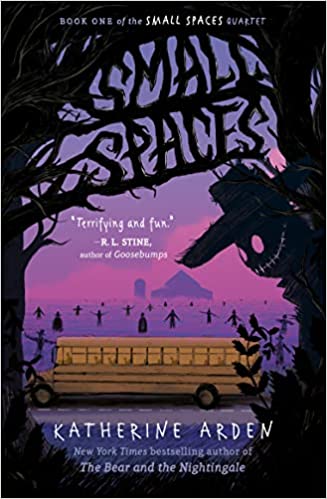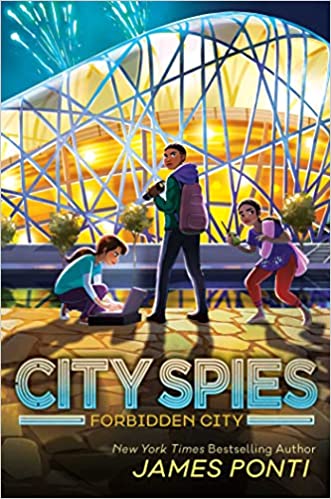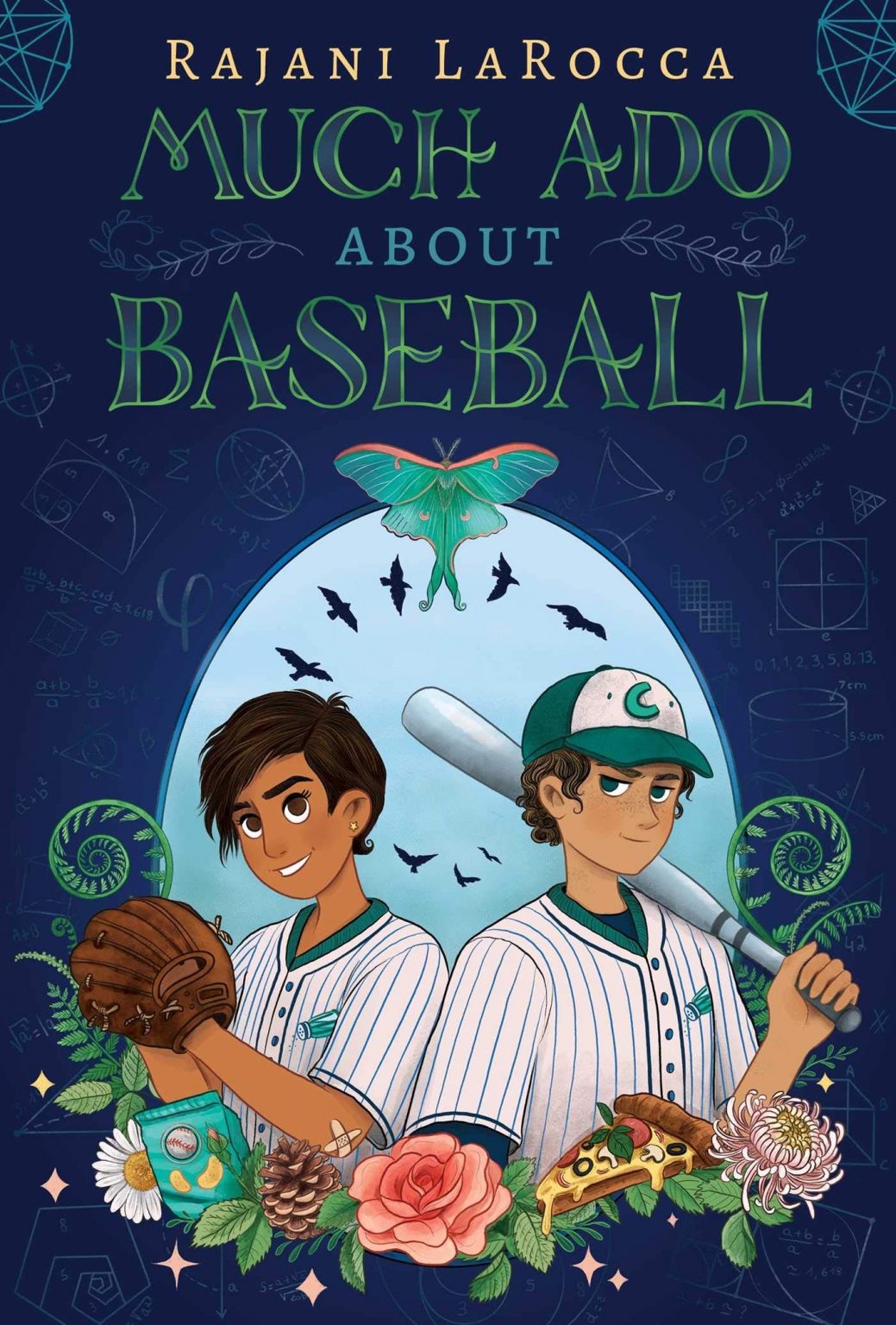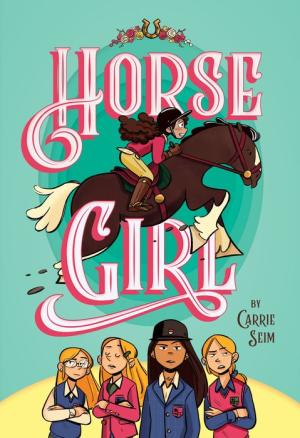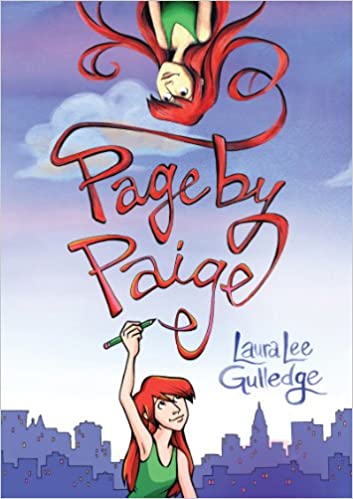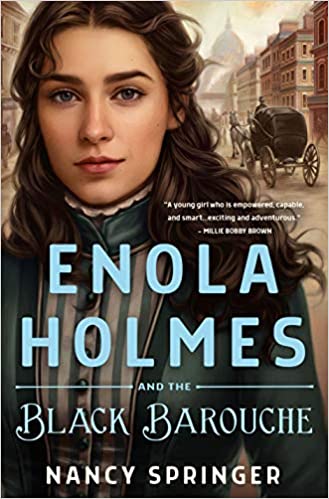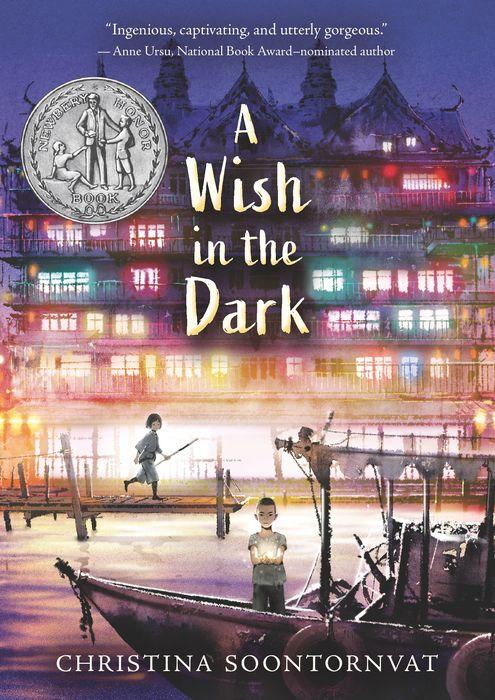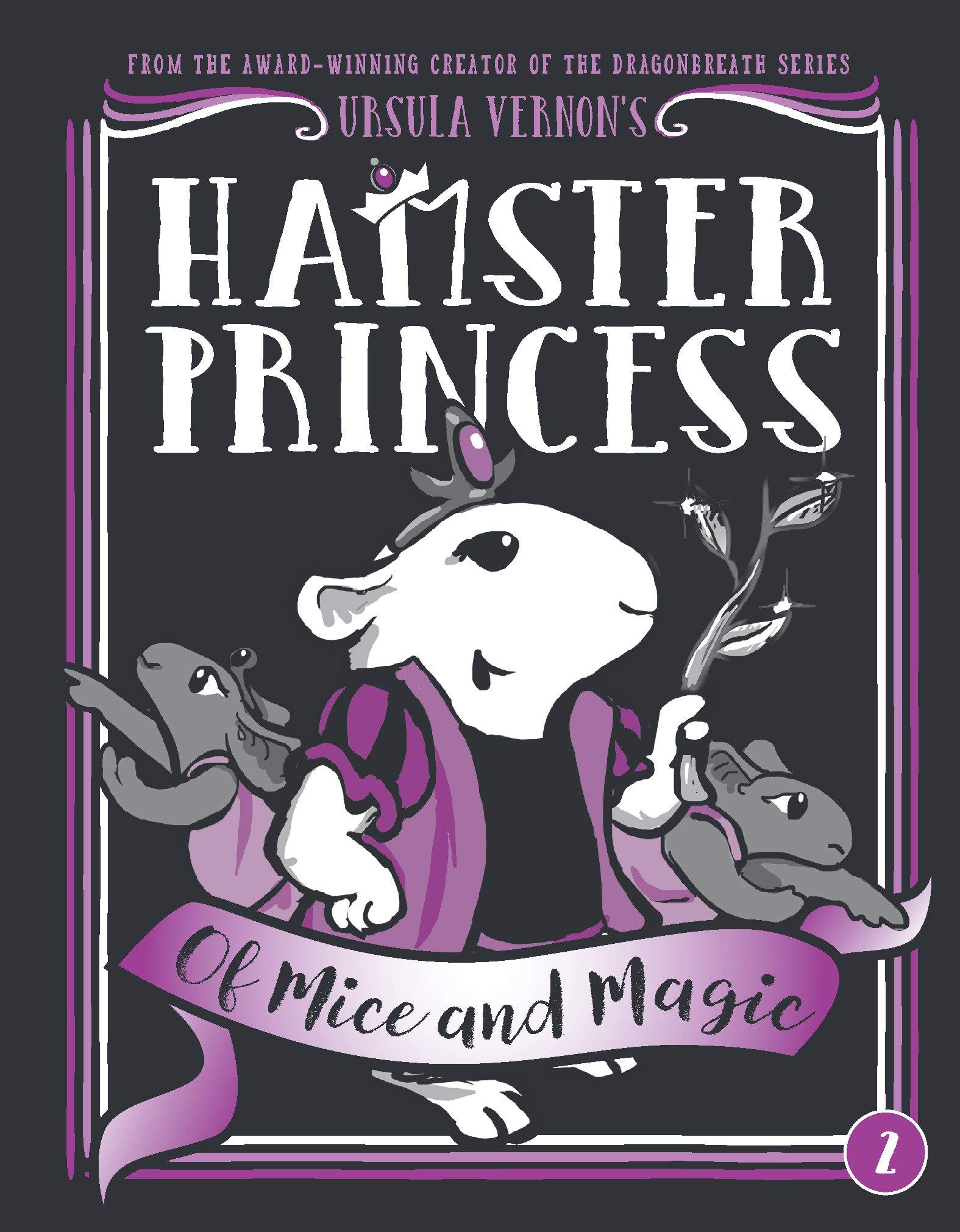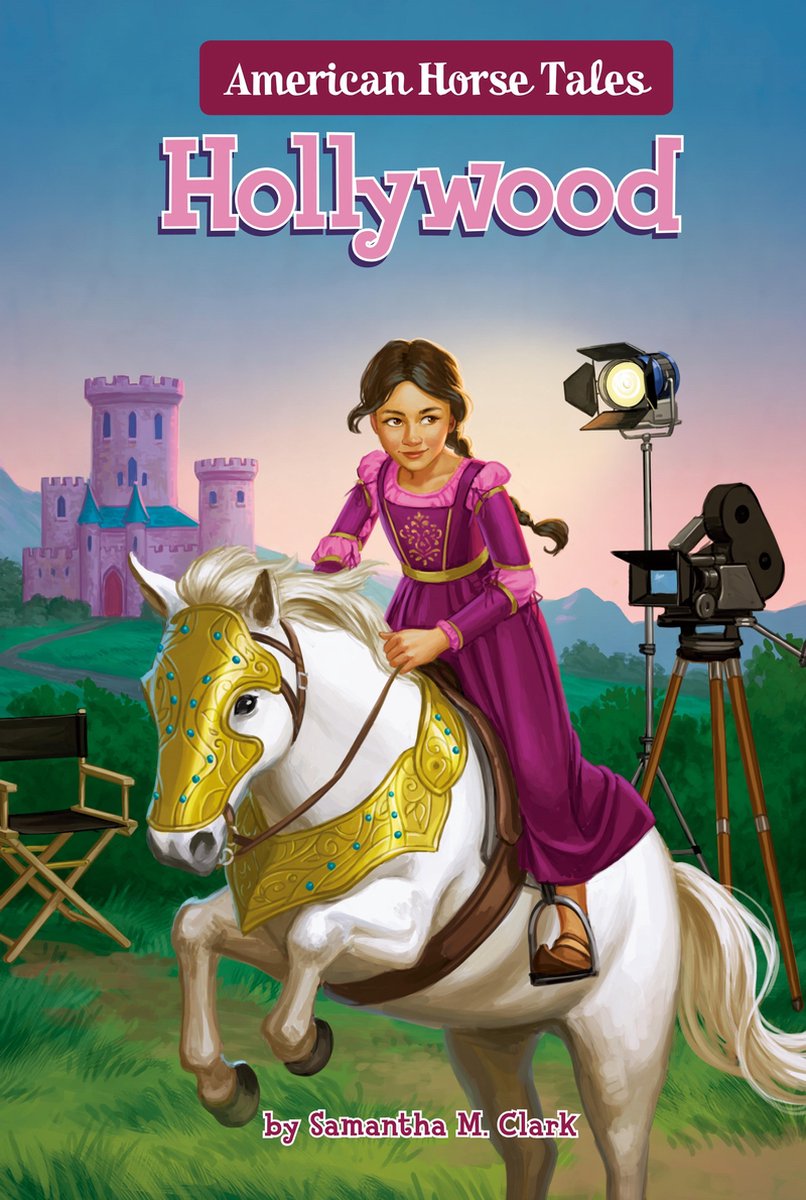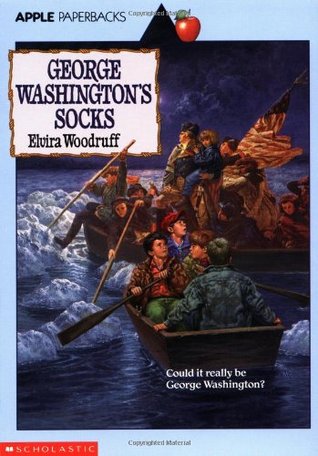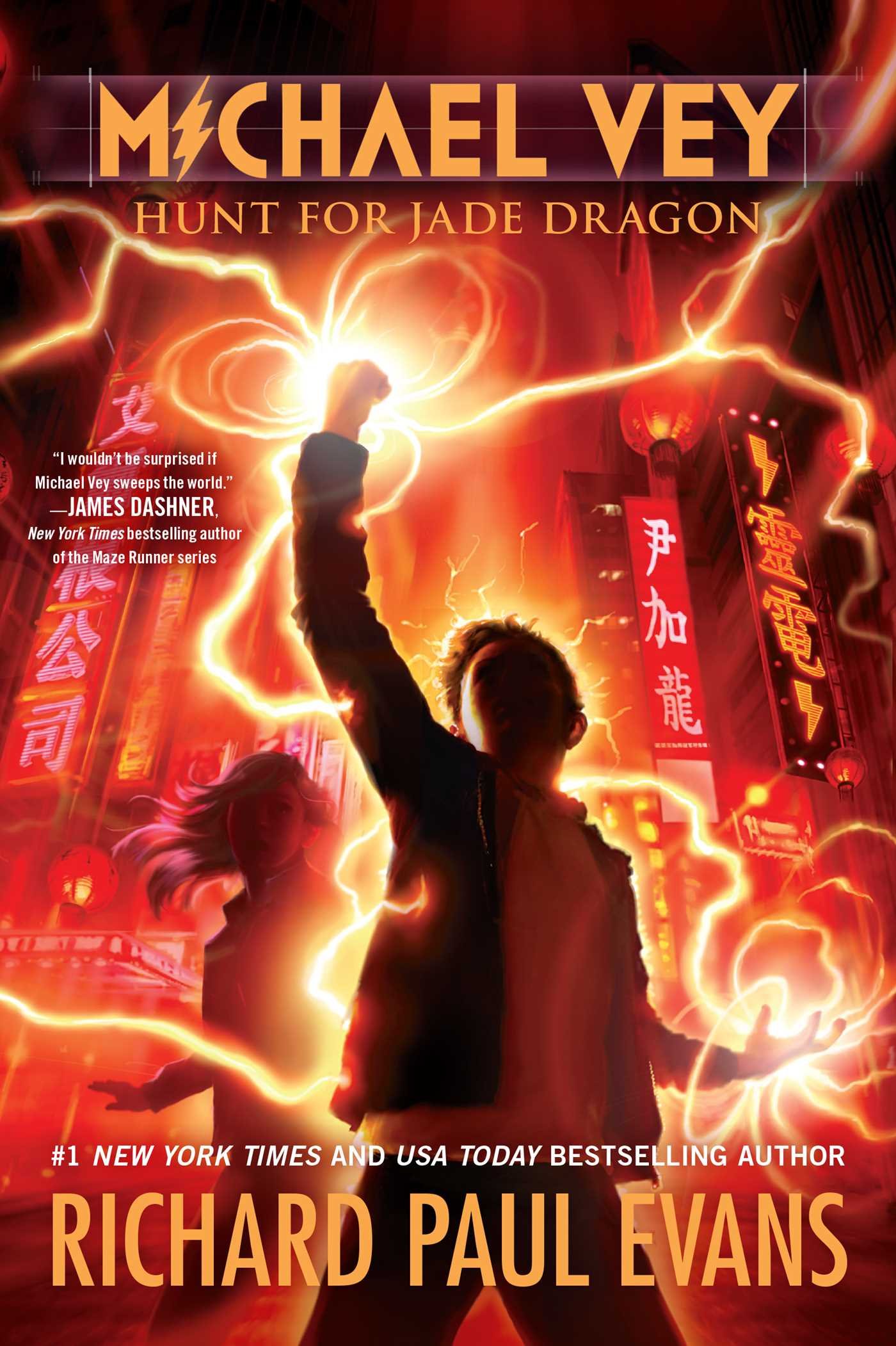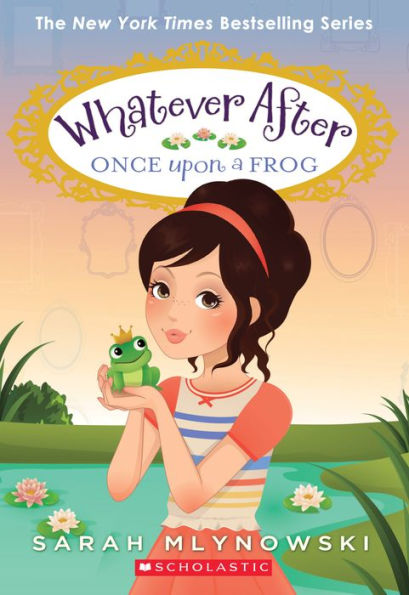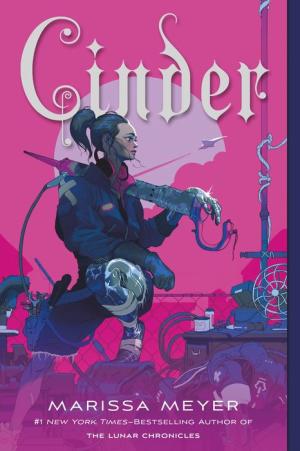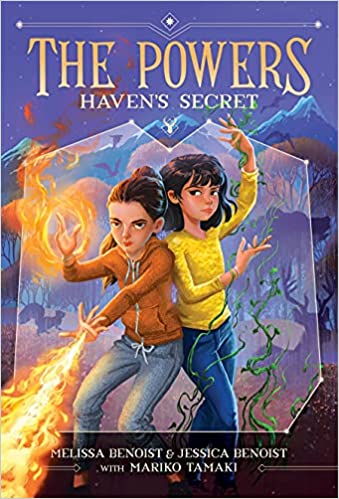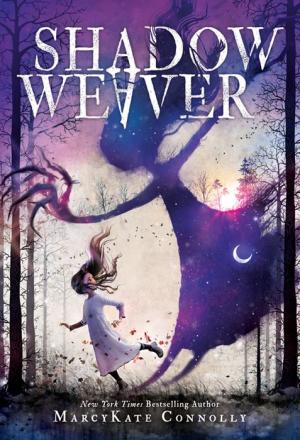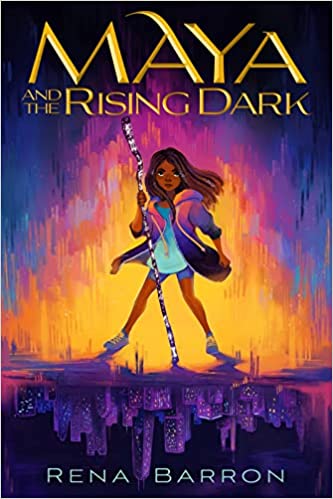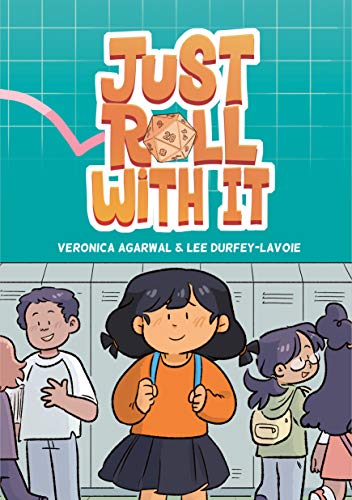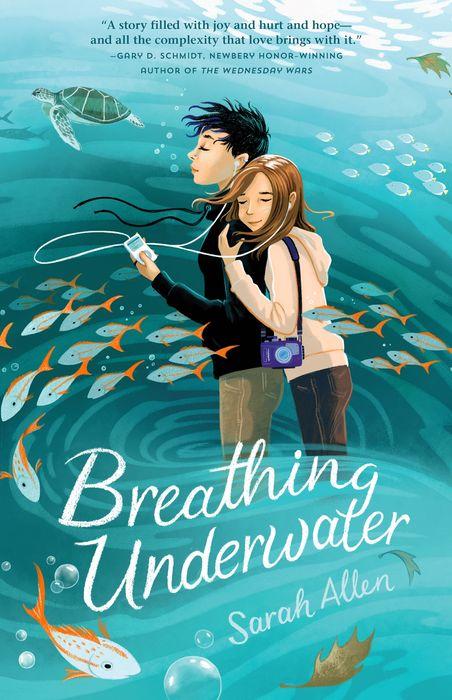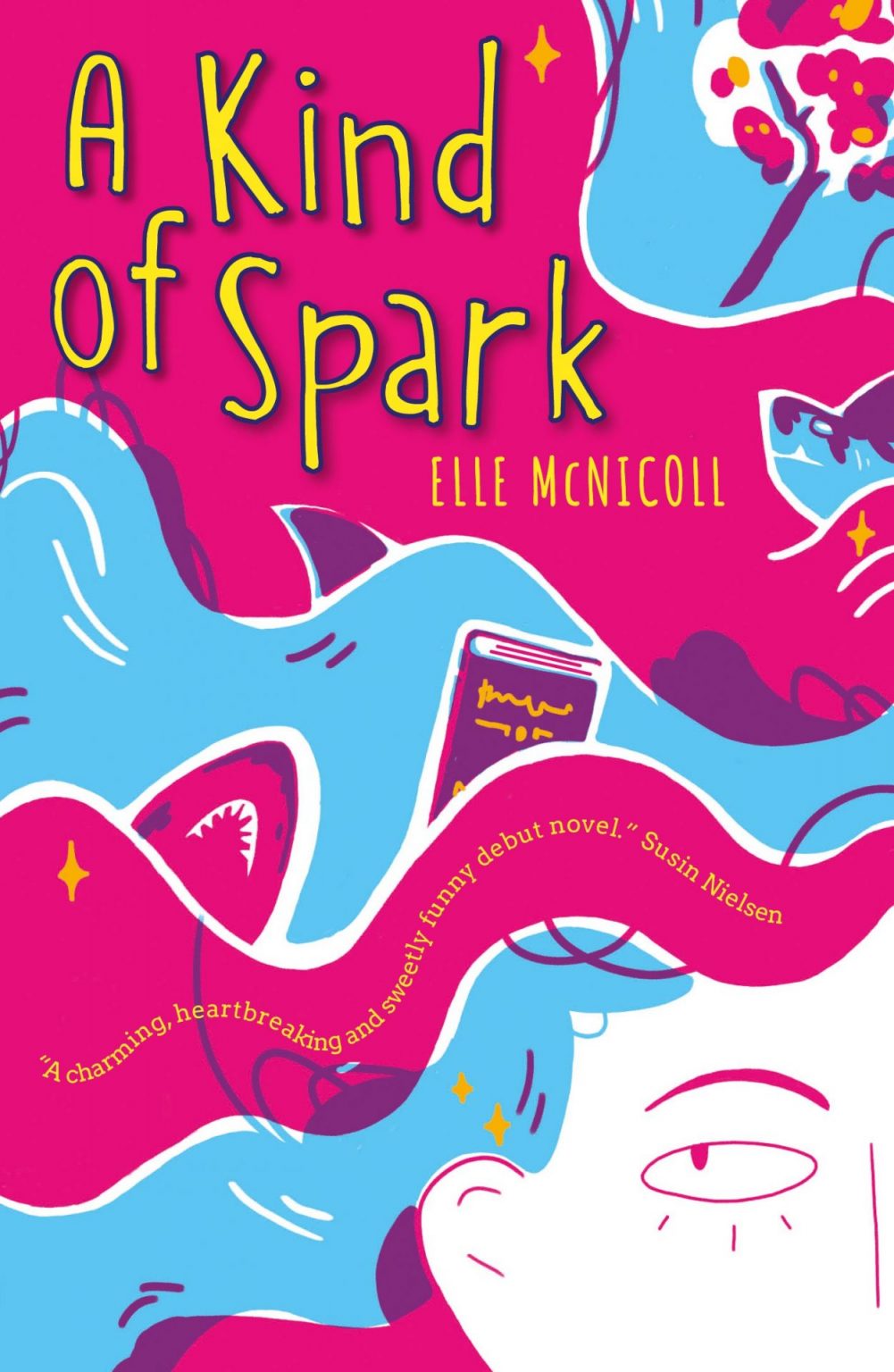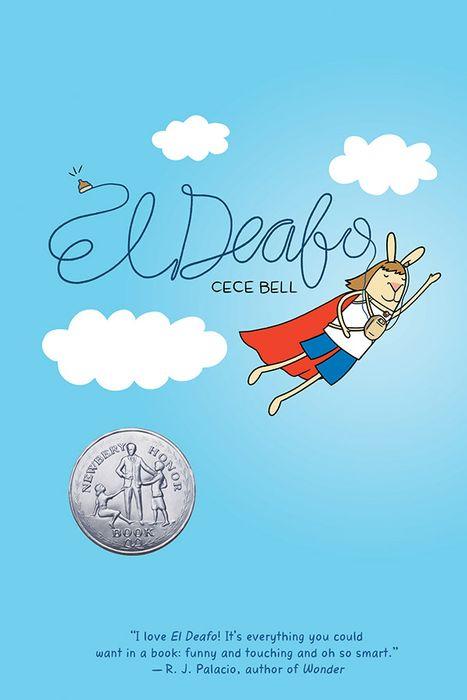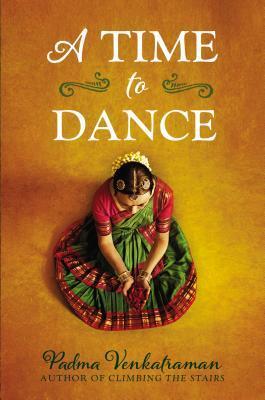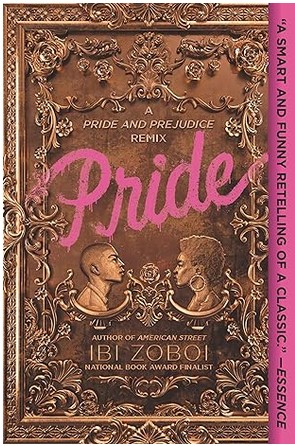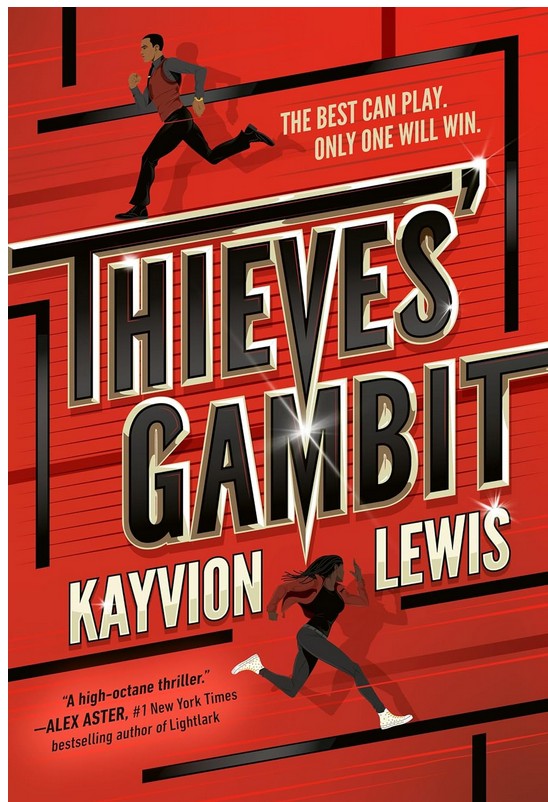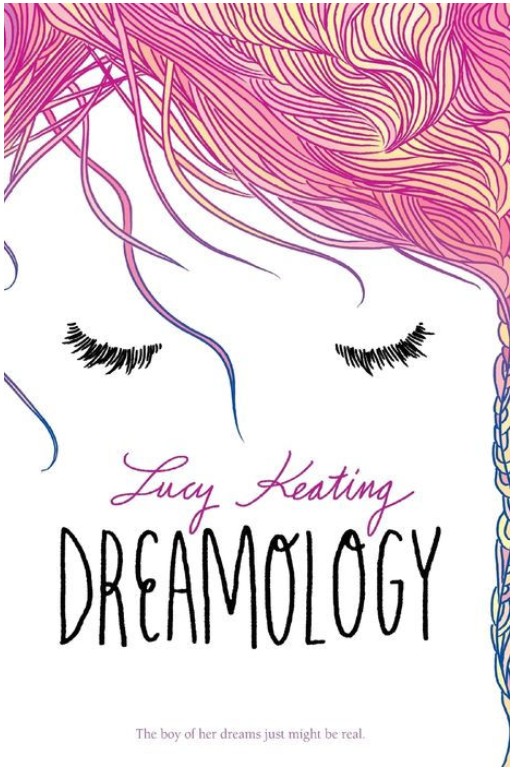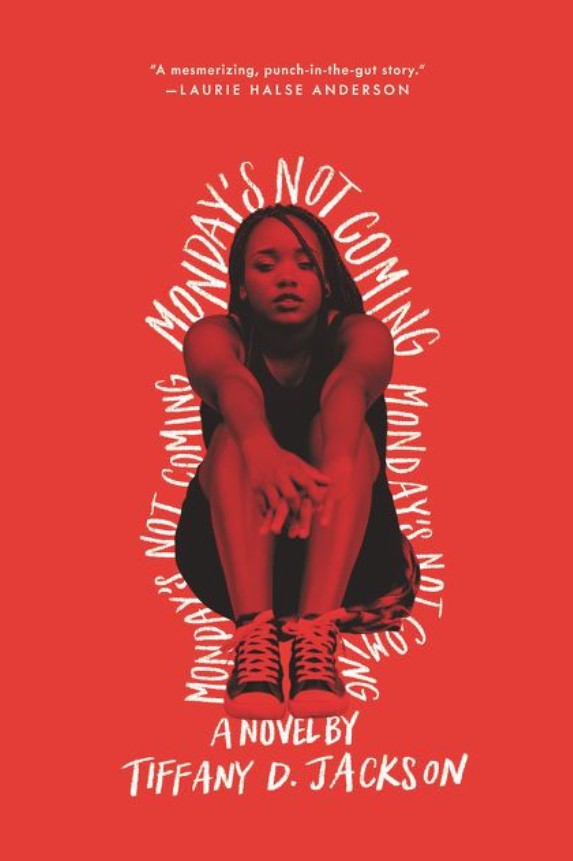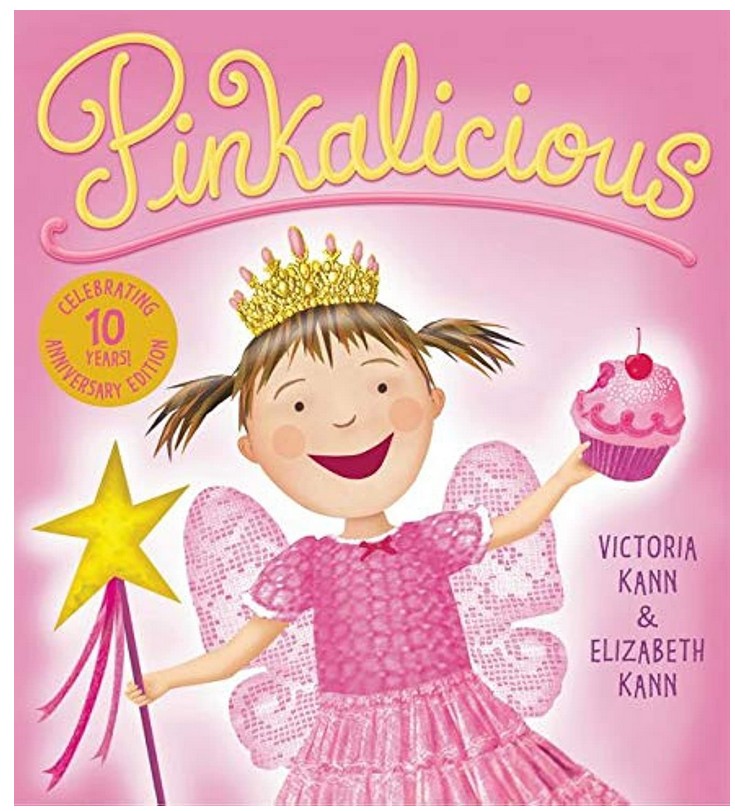At night they will come for the rest of you. It’s with this ominous warning that eleven-year-old Ollie and her two friends, Coco and Brian, set out on a chilling adventure in the woods with nightfall fast descending and the ever-watchful eyes of scarecrows on their backs.
What began as an unremarkable school trip to a nearby farm soon becomes a frightening journey into the world behind the mist. In order to survive and not remain trapped there forever, Ollie and her friends need to be quick on their feet as they work to unravel a hundred-year-old mystery, save their classmates, and beat the villainous smiling man at his own game.
When night falls, Ollie and her friends must find small spaces to hide from the scarecrows, who follow the smiling man’s commands. During the daylight hours, the three friends search for a way back into their world. Along the way, they meet several ghosts, who were unwilling to leave their loved ones who the smiling man turned into scarecrows. However, before Ollie meets the ghosts, she finds Beth Webster’s book where she chronicled the story of her family and explains how the smiling man was able to turn her husband into a scarecrow.
Beth Webster’s story connects to Ollie’s own story. In Beth’s story, her mother-in-law was distraught over her son’s disappearance. In order to appease his grieving mother, Beth’s husband Johnathan makes a deal with the smiling man. The smiling man brings Johnathan’s brother back to life, but Johnathan then becomes the smiling man’s servant. Similar to Beth, Ollie is also grieving the loss of a loved one—her mother. However, Ollie doesn’t let her grief overshadow her life. When the smiling man offers to bring Ollie’s mom back to life, Ollie doesn’t accept the deal. Instead, she gives up the deepest desire of her heart in order to break the curse and restore her classmates.
While Small Spaces is predominantly a ghost story, it also touches on the theme of grief. Through her experiences, Ollie learns that her mother’s words and advice will continue to help her navigate life. Even though Ollie still grieves her mother’s loss, she is learning to find joy in life again.
Small Spaces will appeal to readers who want a creepy, scary story without bloodshed and gore. The easy-to-read story keeps readers on edge as the smiling man’s secrets are revealed. The story’s conclusion is a little confusing as it tries to piece together the stories of the past with the stories of the present.
While Ollie and her friends are not well-developed, they are an interesting group that learns to appreciate each other’s differences. If you’re looking for a fast-paced ghost story that will keep you guessing, then grab a copy of Small Spaces. Beware: when you get to the end, you will want to find out what happens in the next book, Dead Voices, in which Ollie and her friends get trapped in a haunted snow lodge.
Sexual Content
- None
Violence
- After school, Mike takes Coco’s notebook and begins taunting her. When Brian does nothing to help Coco, Ollie threw a rock that “caught Brian squarely in the back of the head, dropped him thump onto the grass, and turned everyone’s attention from Coco Zinter to her.” Then Ollie gets on her bike and races home.
- At the farm, the kids were going to learn about “slaughtering hogs (cut the throat and then hang it up to drain).”
- Before the book begins, Ollie’s mother died in an airplane crash. “Ollie dreamed of the crash, even though she hadn’t seen it. She hadn’t seen the firs afterward, or the bits of broken plane stuck in a tree, the things that haunted her nightmare.”
Drugs and Alcohol
- None
Language
- God is used as an exclamation twice.
- The first time the scarecrows come for the kids, Brian asks, “What in hell was that?”
Supernatural
- Ollie reads a book about a brother who makes a deal with the smiling man to bring his brother, Caleb, back to life. Caleb “came back. He was pale and blue-lipped; his eyes were strange and distant. . . It was his voice, his smile. Only the look in his eyes had changed, and he would not say where he was.”
- Ollie’s teacher tells the class a story about the farm that the class will be visiting. The farm is rumored to be haunted because two brothers wanted to marry the same girl. The teacher says, “The younger brother disappeared. No one ever found traces of either of them. Eventually, the sheriff decided that the younger brother had killed the elder and then been overcome with remorse and thrown himself into the creek. That was when the rumors of hauntings started.”
- In the past, there was a school at the farm. The schoolhouse “was burned to rubble, of course, right down to the foundation stones. . . The weird things is this: they never found any bodies.”
- After Ollie’s mother dies, her father gives her her mother’s cracked watch. While running from the scarecrows, the watch gives her a countdown until sunset and tells her what to do. For example, “RUN” and “HIDE.” When Ollie whispers, “Mom? Is that you? Can you hear me?” The watch’s screen reads “ALWAYS.”
- The scarecrows try to grab Ollie and her friends. They crawl into a small space under some rocks. “A nightmare face turned to Ollie: stitched-on snarl, eyes like two finger sized holes. The rake reached out again. . . A huge, straw-smelling arm thrust itself into the hole. . . Then the arm withdrew.” When the scarecrows realize they can’t reach the kids, they leave.
- While running from the scarecrows, the kids go into a house where Ollie meets a ghost. Ollie discovers that two of the scarecrows are the ghost’s sons. When the kids leave the house, “Two scarecrows stood outside, one at each window. Somehow, they were not looking into the house anymore, but were watching the kids run, still smiling their wide smiles.”
- Brian recognizes one of the scarecrows as his friend Phil. Brian says, “It’s wearing Phil’s clothes. Because that’s Phil’s hat and Phil’s hair and kind of Phil’s face—if it were sewn on.”
- Ollie and her friends go into another house and Ollie sees a ghost. “A hand appeared on the doorframe. A thick, yellow-nail hand. Then a face popped around the edge of the doorframe. . . It was a woman. Or had been. Her skin was sunken in beneath the cheekbones, and when she smiled, her lips stretched too wide, the way a skull smiles.” The ghost tells her that the scarecrows are “neither flesh nor spirit” and that they are now the smiling man’s servants. The ghost says, “the cornfield is the doorway” to another world and the scarecrows hold the door between two worlds open.
- While talking to the smiling man, Ollie figures out how to save her classmates. Ollie flings “a scattering of drops [of water] at the first scarecrow. . . the scarecrow screamed—a human scream.” The scarecrows that were from the past turned into dust but her classmates turned back into themselves.
Spiritual Content
- After the scarecrows come for the kids, Brian says, “Deliver us from evil” and then did the sign of the cross. When Ollie and Coco look at him, he says, “I’m not a good Catholic but maybe God is listening.”
